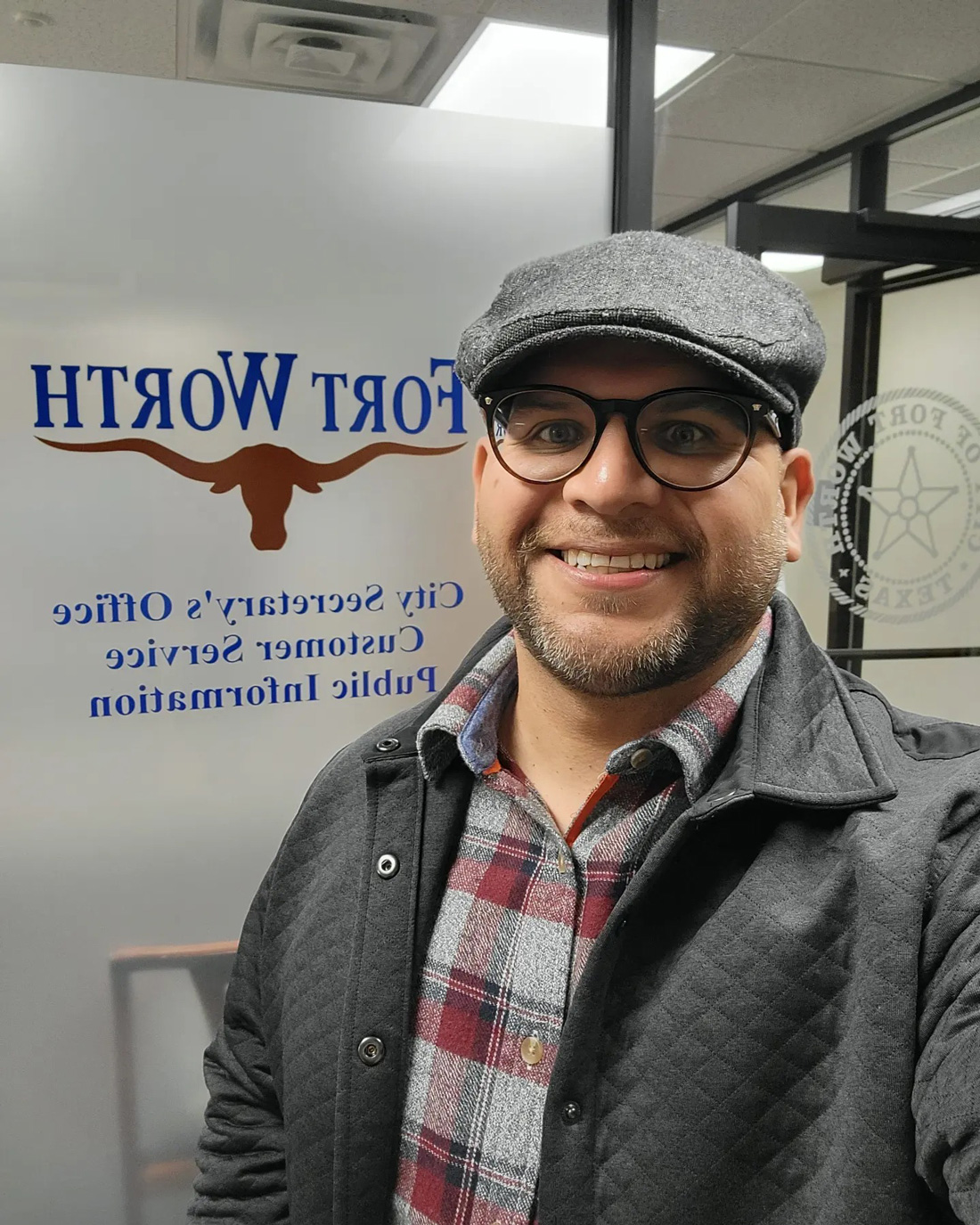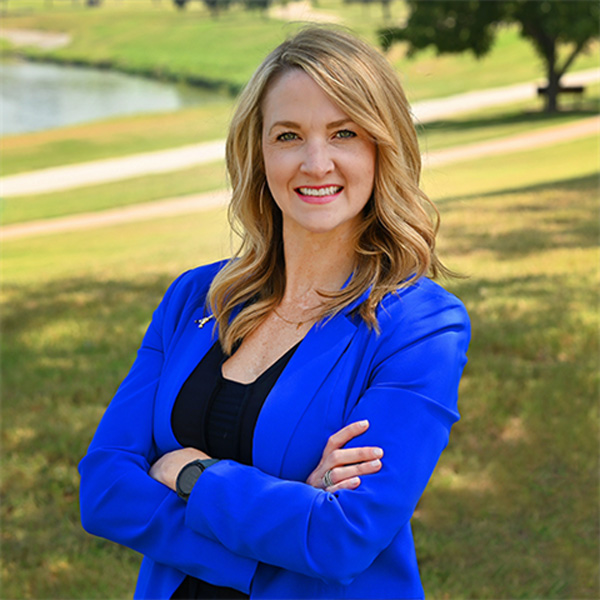Voters on the North and Near East sides will elect the first councilmembers ever for newly adopted Districts 10 and 11. While Fort Worth City Council opted to control the redistricting effort rather than allow a citizen-led commission to redraw districts, the process that involved extensive resident input ensured minority representation would not be diluted in the final map.
District 11 includes much of the predominantly Hispanic community along Hemphill Street formerly represented by business-friendly District 9, meaning a minority councilmember from the new zone is likely.
In recent months, grassroots groups and progressive candidates have been agitated by the youngish city council’s failure to adopt a civilian oversight board for Fort Worth police as other major cities have, and candidates from both sides of the political spectrum have publicly blasted the elected representatives for reducing public comments to biweekly forums. Conservatives see the upcoming election as an opportune time to install culture warriors battling so-called woke ideology.
Mayor
As a voting member of Fort Worth City Council, the mayor has no more political power than councilmembers but can rely on the mayoral title to sway public sentiment. Mattie Parker was elected to the position two years ago after serving as chief of staff for former mayor Betsy Price.
In her time in office, Parker has engaged the community, much like her predecessor. Her focus on public safety, economic development, and supporting entrepreneurs, among other initiatives, has largely placed her policymaking outside the partisan divide. Last year and following the Tarrant County primary that saw Tim O’Hare beat Price, Parker publicly distanced herself from the Republican party she previously associated with. She cited hyper-partisanship within the GOP and lies fabricated by O’Hare and his primary campaign as her main reasons for bucking the GOP. Parker’s staunch support for law enforcement has made her the target of criticism from left-leaning groups, meaning her main base of support may lie with moderates.
Ken Bowens Jr., a business owner and self-described Independent Party candidate, cites improved infrastructure, affordable economic development, and public safety as his top priorities. Jennifer Castillo is the first Latina to run for Fort Worth mayor. The Air Force veteran and real estate business owner prioritizes lowering property taxes, expanding affordable housing, and supporting businesses.
Political activist and cashier Alyson Kennedy ran for Dallas mayor in 2019 and is a member of the Socialist Workers Party. Military veteran Adrian Smith’s top goals if elected mayor include supporting childhood literacy, lowering property taxes, improving police/community relations, and ensuring equitable development across Fort Worth.
Fort Worth Districts 2 through 11
District 2 incumbent Carlos Flores is running unopposed for the area that includes the Stockyards and historically Hispanic neighborhoods along North Main Street. The third-generation Fort Worthian was first elected in 2017.
Real estate broker Michael Crain, who was elected in 2021 to represent District 3, which covers much of the West Side, is also running unopposed.
The race for District 4, which encompasses far North Fort Worth on the east and west sides of I-35, will field two candidates. Community volunteer Teresa Ramirez Gonzalez is a former Fort Worth police officer and self-described Christian conservative. Her campaign focuses on public safety, reducing government spending, revitalizing underserved communities, and supporting veterans. Gonzalez is running against Charles Lauersdorf, an active-duty Marine who unsuccessfully ran for State District 113 representative in 2018. His top areas of political focus include improving public safety, curbing property tax increases, and promoting infrastructure projects and development.
Heavily Black District 5, which includes most of Fort Worth’s East Side, has been represented by Gyna Bivens since 2013. Candidate Bob Willoughby, a frequent speaker at city meetings and vocal critic of Mayor Parker, has unsuccessfully run for the seat multiple times. Pastor William McKinley Jackson, who heads Samaria Baptist Church, is an advocate for public investments in communities and clean neighborhoods.
District 6 incumbent Jared Williams bested Jungus Jordan two years ago, overcoming substantial Fort Worth police union ads favoring Jordan, to represent far south and southwest portions of Fort Worth. Small business owner Italia De La Cruz is running to unseat Williams with a platform promoting quality of life, low taxes, small business, and limited government. Como resident Tonya Carter is a frequent vocal critic of over-policing in her neighborhood. Her other political priorities include lowering taxes, raising low wages, helping the homeless, and providing access to produce and healthy food in Black neighborhoods.
District 7 represents some of the city’s wealthiest communities just west of downtown and largely conservative and white communities in Northwest Tarrant County. After serving only two years, Councilmember Leonard Firestone is not seeking reelection. Insurance agency owner Caleb Backholm’s website lists public safety and cleanliness as his top areas of focus. U.S. Army combat veteran Jason Ellis aims to promote lower property taxes, support small businesses, and provide resources to meet growing infrastructure needs.
District 8, which includes large swaths of southeast Fort Worth, represents historically Black Polytechnic Heights. Incumbent Christ Nettles, a pastor and day care owner, is running unopposed.
District 9 represents downtown, much of the Near Southside, and diverse neighborhoods on the Southside. Elizabeth Beck is seeking reelection against three strong candidates. Former assistant district attorney Pamela Boggess says through her website that she supports lowering property taxes, keeping families safe, and supporting small businesses. Through his website, Jason Peña cites his top priorities as reducing crime and taxes and taking on “radical” politicians. Software developer Chris Reed is seeking his first elected position through District 9 with a platform focusing on better training of Fort Worth’s workforce, empowering small businesses, and carefully planned development.
Newcomer District 10 includes far north Fort Worth. Two candidates — former District 4 city councilmember Alan Blaylock and home inspector Brandon Jones — are competing for the new seat. Jones plans to address traffic issues while ensuring zoning serves the needs of his constituents if elected, while Blaylock says protecting the quality of life for locals will be his top job as councilmember.
Fort Worth’s new District 11 represents much of south Fort Worth and many majority Hispanic neighborhoods like Worth Heights and Rosemont. Small business owner Christopher Johnson is looking to fill District 11’s seat, and his campaign is advocating for expanded mental health services and civilian police department oversight. Jeanette Martinez volunteers for several civic organizations, and her key talking points cover economic development, public safety, and property taxes. Longtime Hemphill Neighborhood resident Ricardo Avitia is an outspoken critic of business-friendly zoning and gentrification that he says prices out poor Hispanic families. Rick Herring, who grew up in the Riverside area, is an advocate for empowering neighborhoods to improve their quality of life by engaging city officials and participating in the zoning process. Tara Wilson, an emergency room nurse, is centering her messaging on addressing homelessness, poverty, and mental health.

Courtesy Facebook












